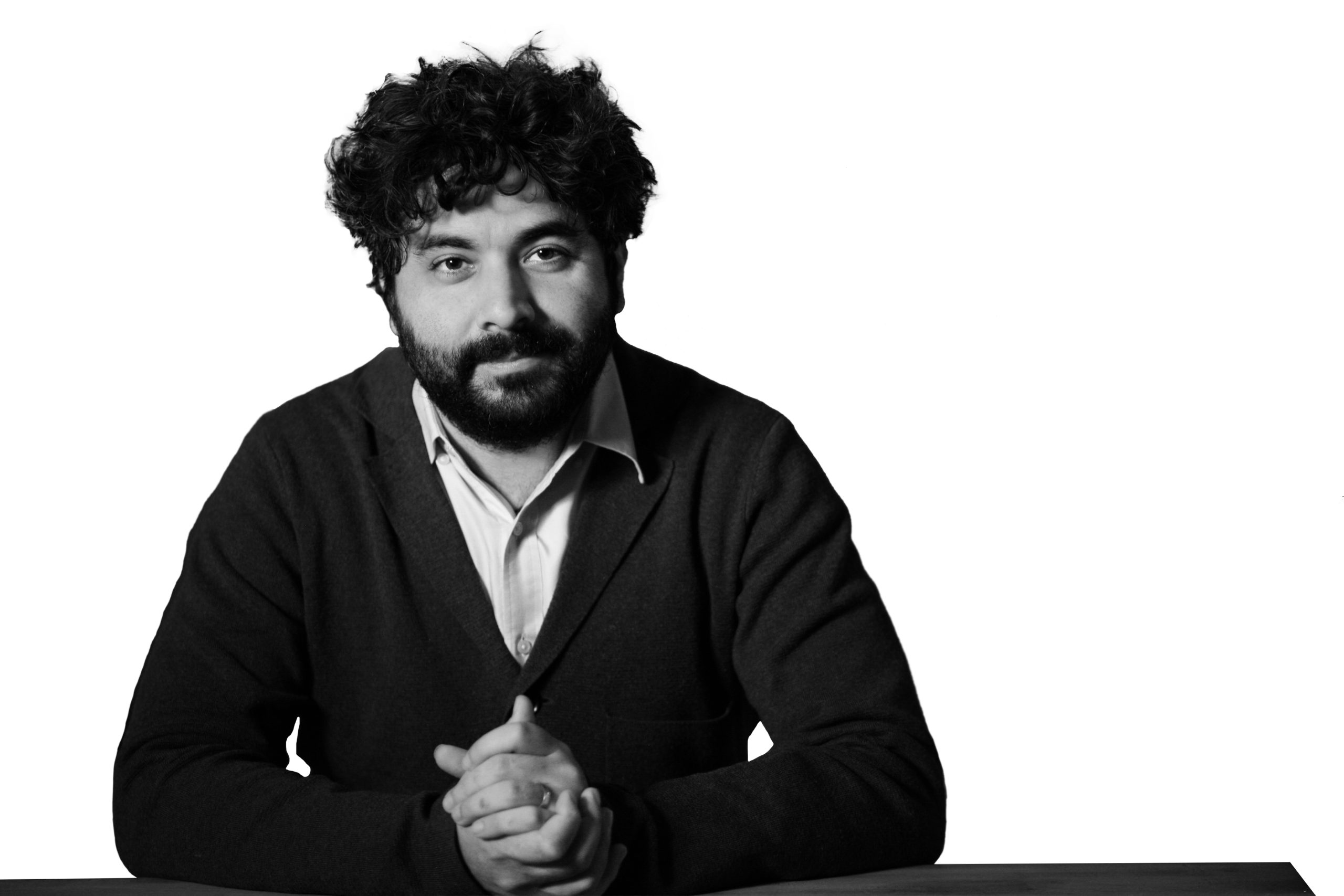
Ajay Chaudhary
Ajay Singh Chaudhary is the founding and executive director of the Brooklyn Institute for Social Research and a member of the core faculty specializing in social and political theory. He holds a Ph.D. from Columbia University’s MESAAS department and Institute for Comparative Literature and Society, and an M.Sc. in Culture and Society from the London School of Economics. His research focuses on social and political theory, comparative philosophy, Frankfurt School critical theory, religion, political economy, media studies, and post-colonial studies. He has written for the Los Angeles Review of Books, Quartz, Social Text, Dialectical Anthropology, The Jewish Daily Forward, The Public Eye, Filmmaker Magazine, and 3quarksdaily, among other venues.
Project Description
The Brooklyn Institute for Social Research is an interdisciplinary teaching and research institute that offers critical, community-based education in the humanities and social sciences in six states. Working in partnership with local businesses and cultural organizations, we integrate rigorous but accessible scholarly study with the everyday lives of working adults and re-imagine scholarship for the 21st century.
In 2018, Ajay will be working in three key areas. First, identifying new partnerships, new locations, and new, more sustainable models for Brooklyn Institute for Social Research [BISR] ‘s Network program. Second, expanding the work BISR has begun with political, labor, community, and other organizers and activists through our Praxis program. Throughout this past year, BISR has held workshops, study sessions, evening discussions, and created materials with and for several non-profit, labor, political, and community organizers. Third, and most importantly, Ajay will foster the long-term sustainability of BISR. BISR is more than five years old and has holds more than 90 classes a year for approximately 1,500 students. We are proud of the work we have done so far and that we have done it while financially supporting our broad faculty’s work in the public sphere but for BISR’s long-term sustainability we must both enhance our existing strengths in our fee-based (even while lower cost) model while building out a more traditional non-profit development plan.
